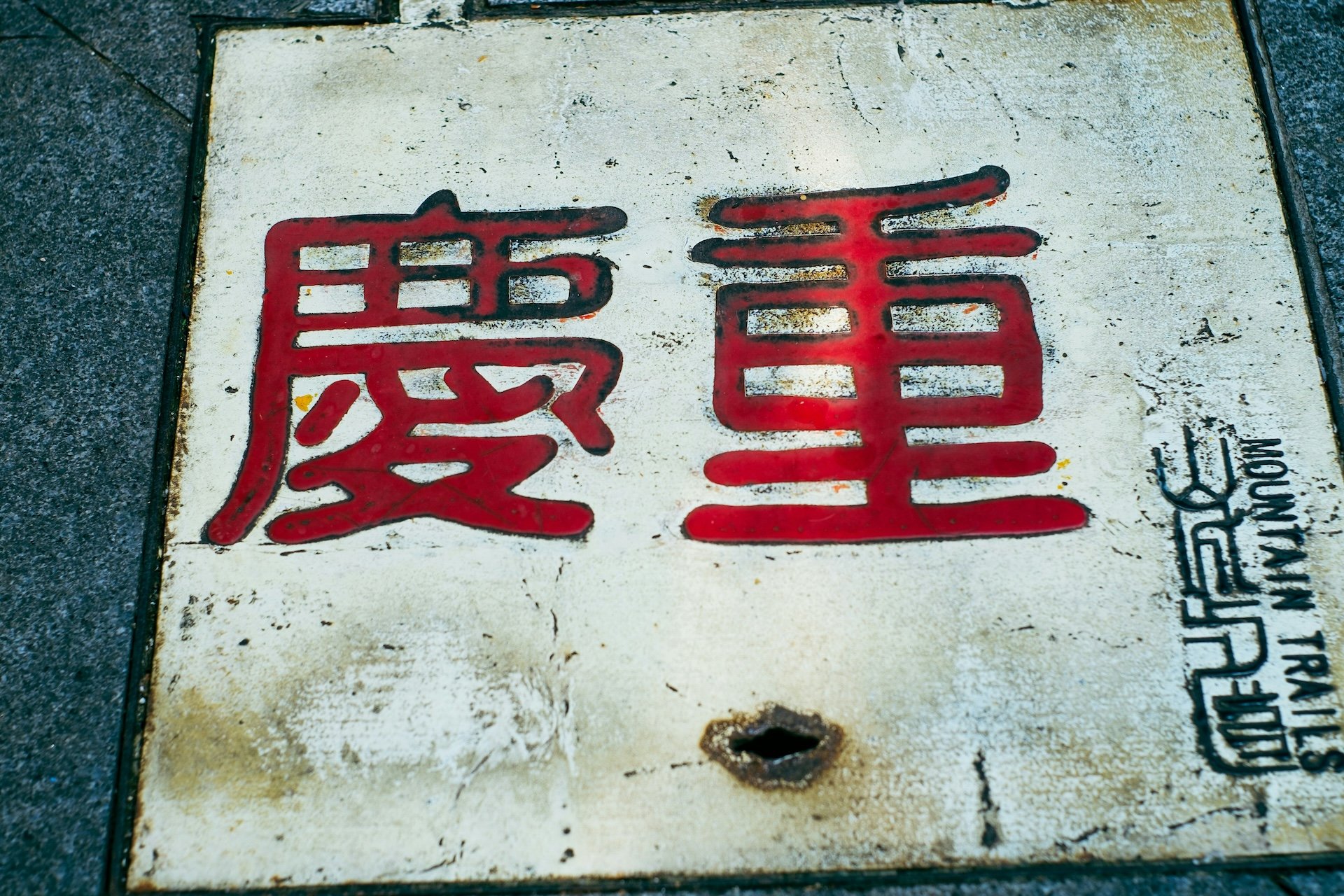Why Trademark Registration in China is Non-Negotiable
You've assessed your readiness, researched the market, and decided the vast potential of China aligns with your strategic goals. The next step isn't launching a flashy marketing campaign or rushing products onto shelves. It's a foundational, often overlooked, but absolutely critical legal requirement: securing your intellectual property (IP), starting with your trademark.
Many Western businesses, accustomed to legal systems where brand usage confers certain rights, tragically underestimate the importance of formal trademark registration in China. This oversight isn't just a minor compliance issue; it can fundamentally jeopardize your entire market entry and long-term success. Failing to protect your IP is consistently cited as a major pitfall for foreign companies entering China.
Understanding China's 'First-to-File' System
The single most crucial concept to grasp is that China operates a 'first-to-file' trademark system. Unlike 'first-to-use' jurisdictions (common in the US and parts of Europe) where prior use of a brand name can establish rights, in China, the rights generally belong to the entity that first successfully registers the trademark with the China National Intellectual Property Administration (CNIPA).
What does this mean in practice?
Prior Use Doesn't Guarantee Rights: Even if you've used your brand name globally for years, if someone else registers it first in China (even maliciously), they typically gain the legal rights to that trademark within China.
Proactive Registration is Essential: You cannot afford to wait. Trademark registration should be one of the very first actions you take, ideally before you publicly announce your entry, exhibit at trade shows, or engage local partners.
The High Stakes: Dangers of Not Registering Early
Delaying or neglecting trademark registration opens your brand up to significant risks:
Trademark Squatting: Unscrupulous individuals or companies actively monitor foreign brands planning to enter China. They preemptively register trademarks identical or similar to yours, intending to sell them back to you at an exorbitant price, block your entry, or leverage your brand reputation for their own gain. Dealing with squatters is costly, time-consuming, and not always successful.
Inability to Operate: Without a registered trademark, you may face difficulties importing goods (customs can block products bearing infringing marks), selling on major e-commerce platforms like Tmall (which often require proof of trademark registration), or conducting marketing campaigns.
Loss of Brand Control: Someone else owning your trademark can dilute your brand identity, confuse consumers, and damage your reputation. They might use it on inferior products or in ways that contradict your brand values.
Costly Legal Battles: Trying to invalidate a squatter's registration or defend against infringement claims is far more expensive and uncertain than proactively registering your mark in the first place.
Beyond Your Western Name: The Importance of Chinese Characters
Protecting your brand in China involves more than just registering your English or original-language name. It is equally vital to register a Chinese character version of your trademark.
Why?
Consumer Recognition: Chinese consumers will inevitably refer to your brand using Chinese characters, whether you create an official version or not.
Preventing Unflattering Names: If you don't choose and register an appropriate Chinese name, squatters or the market might assign one that has negative connotations or is easily confused with other brands. Mercedes Benz initially chose 'Bensi,' which translated to 'rush to die' – a disastrous association for a car brand.
Comprehensive Protection: Registering both the original and the Chinese character versions provides broader protection against infringement.
The Process: What You Need to Know
Scope: Registration is done by specific classes of goods and services. You need to identify and register in all relevant classes and subclasses to ensure adequate protection.
Timeline: The registration process typically takes around 12 months, assuming no significant objections or oppositions. This reinforces the need to start early.
Use Experts: Navigating the CNIPA system and ensuring your application is correctly filed is complex. It is highly recommended to work with a qualified Chinese trademark agency or law firm experienced in handling foreign applications.
Conclusion: A Non-Negotiable Foundation
Think of trademark registration not as an expense, but as a fundamental investment in securing your brand's future in China. It's the legal bedrock upon which your market presence will be built. In China's 'first-to-file' environment, failing to register your trademark proactively – including its Chinese character version – is akin to building a house on unsecured land. You risk losing control, facing costly disputes, and potentially being blocked from the market altogether.
Don't let a preventable IP issue derail your China ambitions. Make trademark registration your absolute first step.
Protect your brand identity in China. Contact us to discuss securing your trademarks with experienced legal partners.

